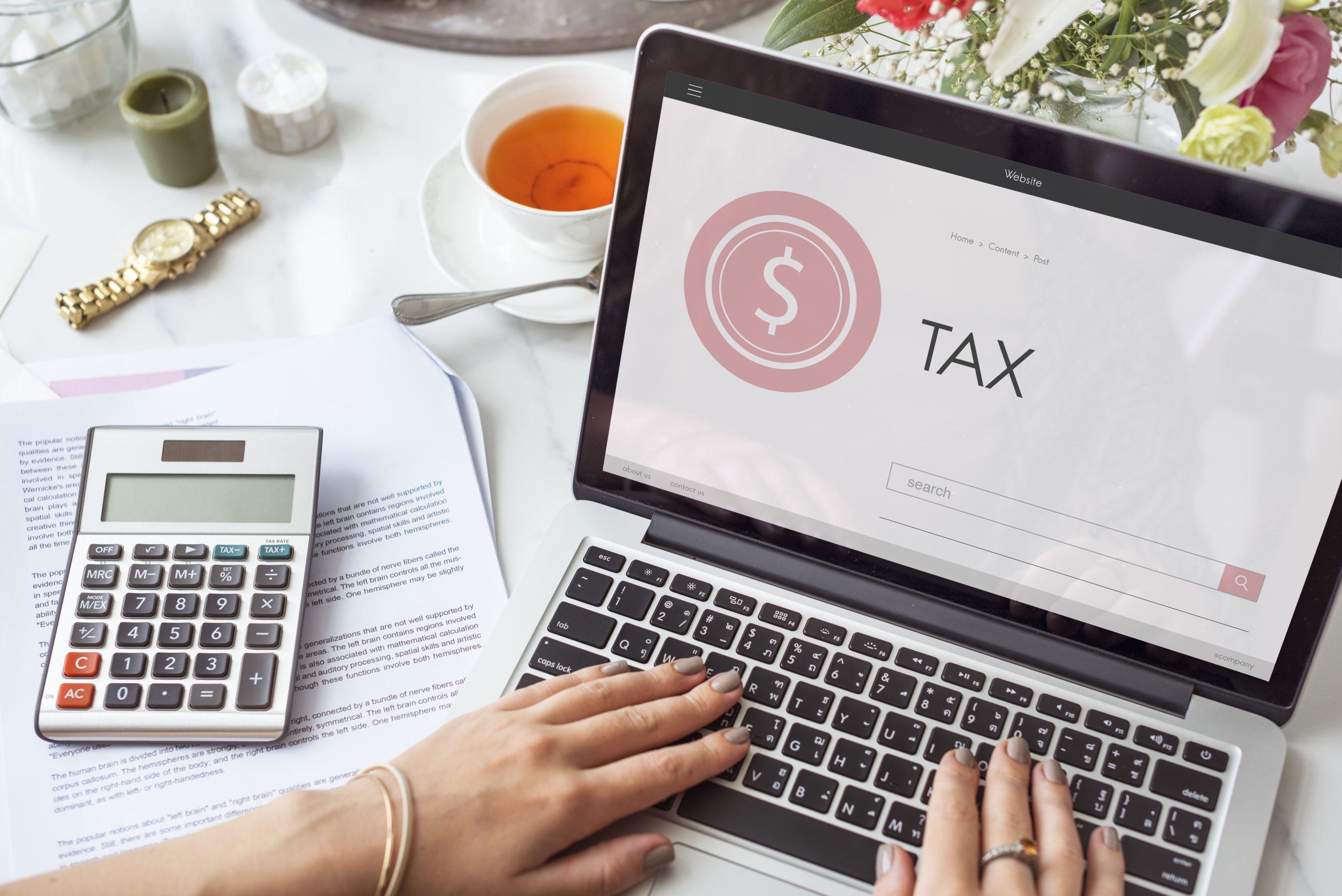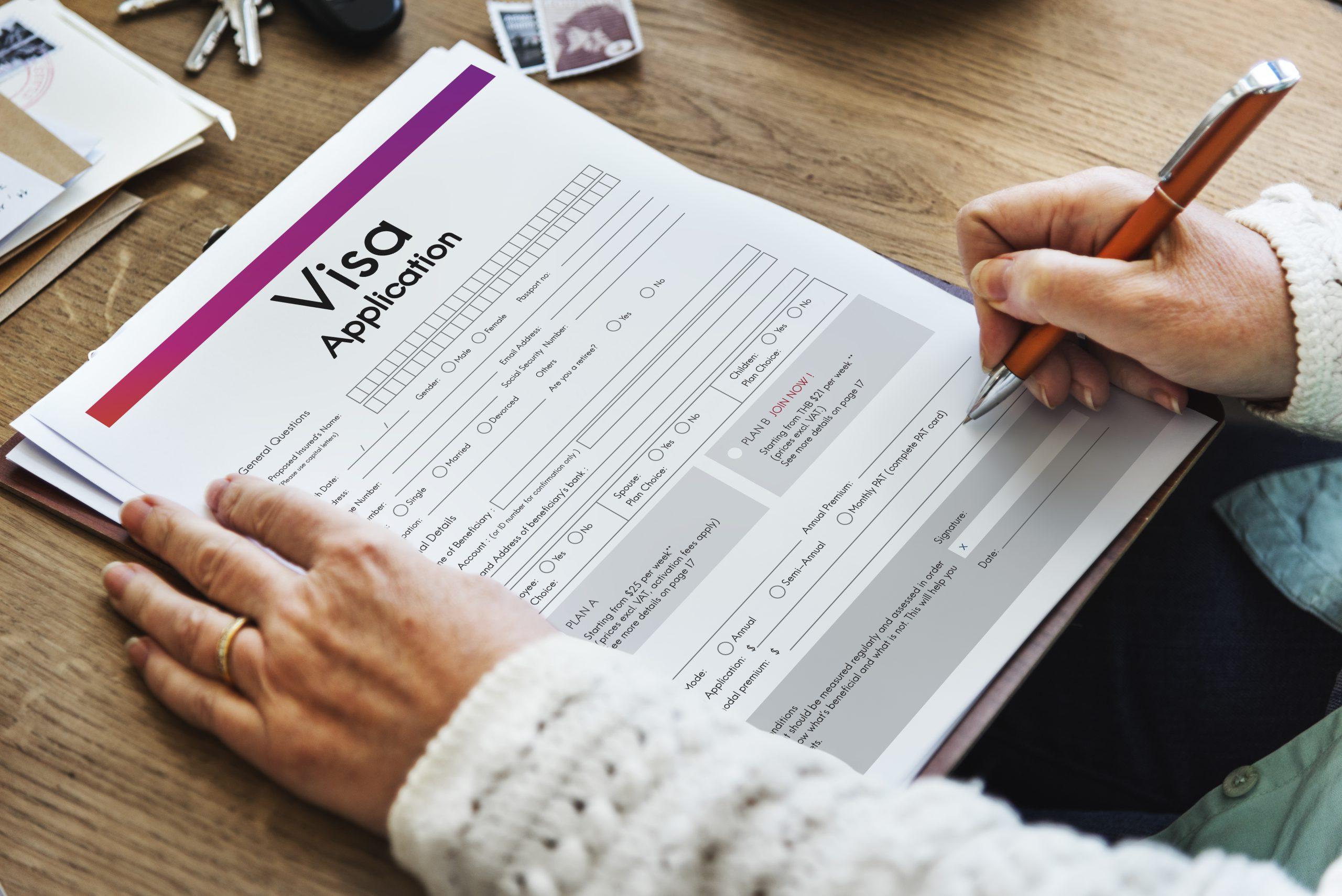Migration Consultancy in Darwin
Darwin of Northern Territory is the hubspot for international students to study, work and migrate. This place has numerous opportunities for migration purpose. Whether it be DAMA (Designated Area Migration Agreement), Subclass 491 (Skilled Work Regional Visa), Subclass 190 (Skilled Nominated Visa) or Subclass 189 (Skilled Independent Visa), NT has best to offer in terms of migration matters.
When it comes to the best migration agent in Darwin, there may not be an appropriate or specific answer to this. However, the reliability of migration agent in Darwin can be found through various ways. One of the best way to check the reliability of the agent is to check their visa success rate. There has been many evidences where visa holders were disappointed due to the lack of attention in visa application and those reason visa came with unexpected outcomes. It is also important to see if the agent has established their office in local area, for instance, Darwin. Their physical presence in Darwin helps local residents to reach out for help with ease and accessibility.
Most of the agents uses external Migration Agent that means they process the visa application but through second party or other migration agent/lawyer from other firm which complicates the situation. There are various disadvantages of using a third-party (external agent) in visa matters. Processing visa application may not always be hassled, however, it comes with multiple direction and confusion that will eventually built into complication in such a process.
The other disadvantages of processing an application is the cost. Since two parties are financially benefiting from one application, there might have been an expensive quote than the market price. At the end of the day, Migation Agent in Darwin is not that expensive if one goes out to the market for research on visa application service cost.
Migration Agents in Darwin is also responsible to keep updated of their application for nomination on visa subclasses 190 and 491. Lot of international students who have moved to Darwin for international studies eventually will come to know about the migration prospects in Darwin or Northern Territory as a whole. This term is also attached with the application processing body of Northern Territory Government (NTG), widely known as Migation NT.
Migration NT is responsible for handling of applications for visa application 190 and 491. Not only Skilled Visas, Migration NT is also responsible for DAMA.
There are various occupation widely accepted by Migration NT under migration program. These occupation listed on MLTSSOL is currently accepted, however changes can be seen frequently. One has to refer to the government official site for the confirmation on these applications. Visa Help has it’s own Migration Agent in-house. Visa 190 in Darwin and Visa 491 in Darwin has been a tremendous success for Visa Help Darwin team since opened. Visa Help claims itself to be the best migaration agent in darwin, NT because of the success it has on its’ application for various purpose.






